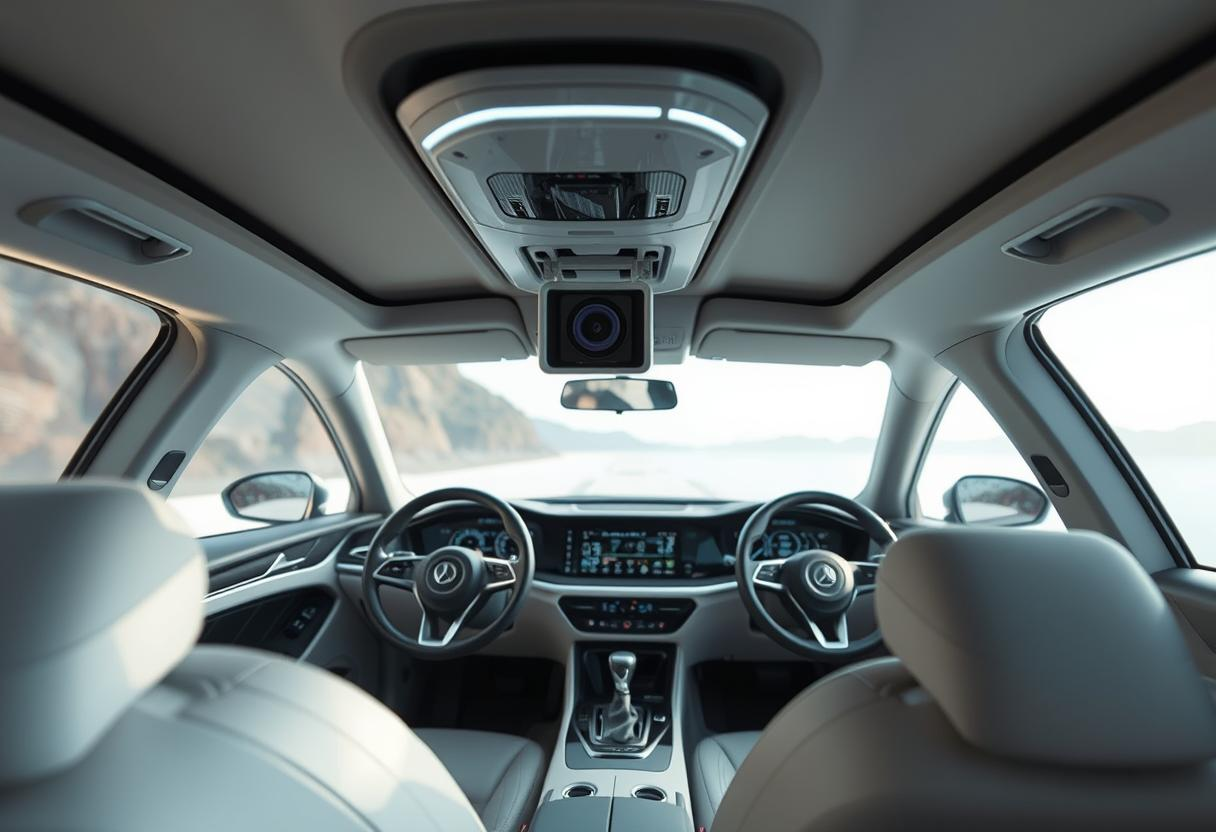In a world where data is the new gold, the balance between innovation and privacy becomes increasingly delicate. Recent speculation suggested that Waymo, the autonomous vehicle pioneer, might leverage interior camera data from its robotaxis to train generative AI models and, more controversially, to sell targeted ads to passengers. This speculation was fueled by the discovery of an unreleased privacy policy draft by researcher Jane Manchun Wong, which hinted at such possibilities.
However, Waymo was quick to clarify its position. A spokesperson emphasized that the company’s machine learning systems are not designed to identify individuals and that there are no intentions to use the collected data for advertising purposes. The draft policy, according to Waymo, contained placeholder text that did not accurately represent the feature’s intended use. The feature in question is still under development and aims to offer riders the choice to opt out of data collection for machine learning training, without altering the existing privacy policy.
This incident underscores the broader challenges facing the tech industry as it navigates the intersection of AI development and personal privacy. With Alphabet, Waymo’s parent company, deeply invested in AI through projects like Gemini and DeepMind, the scrutiny over data usage practices is only set to intensify. The key question remains: how can companies harness the power of AI while respecting the privacy and autonomy of individuals? Waymo’s current stance offers a glimpse into one approach, but the conversation is far from over.


